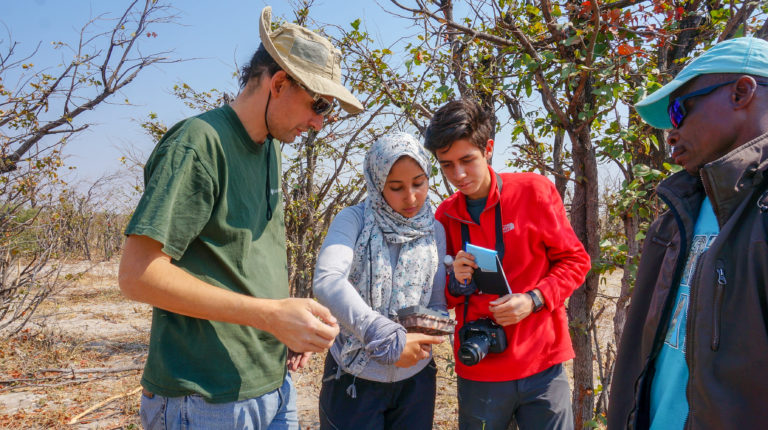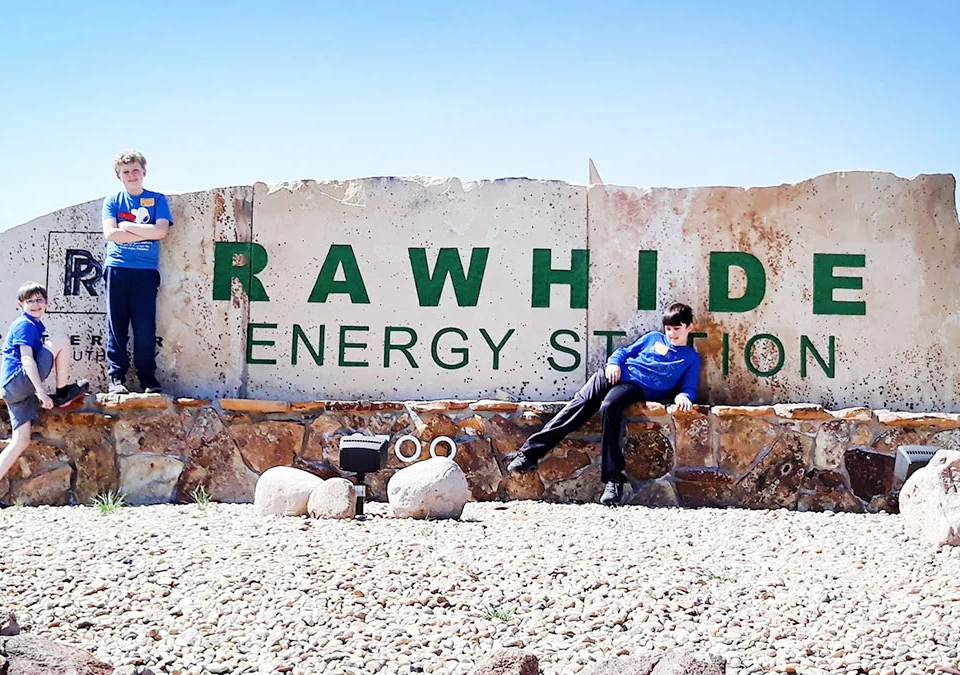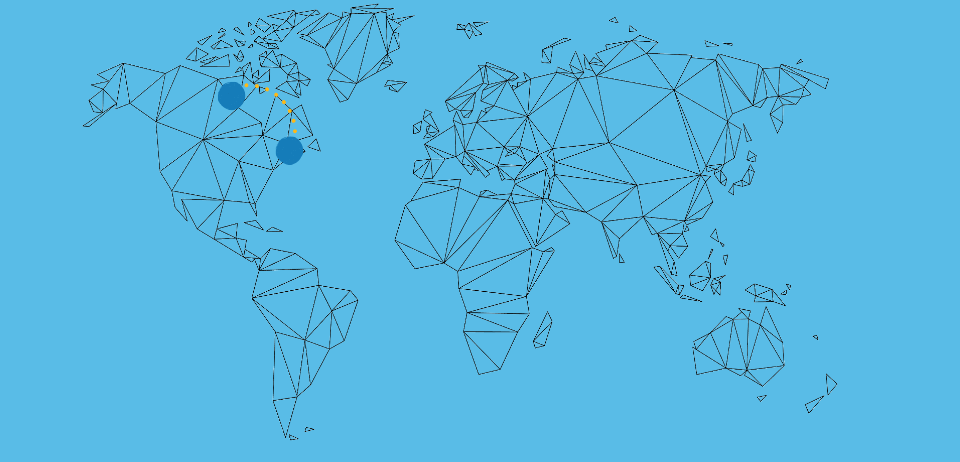Already a member? Log in to the Member Site at members.mastery.org.

Challenge Success Urges Schools to Embrace a Broader Definition of Success
October 16, 2018
Students in Focus
October 29, 2018Member Voices: THINK Global School’s Journey to Mastery


Student engagement and parent satisfaction are up, following THINK Global School’s transition to mastery-based learning
As the world’s first traveling high school, change is something that we have become intimately familiar with. Since THINK Global School opened eight years ago, our students have been leaving their hometowns behind every few months to live and learn firsthand in four different countries per year, gaining a truly international education through place- and project-based learning in the process.
Our staff and students recently wrapped up terms in Shanghai, China, and Botswana. After a month at home to recharge their batteries, they’ll head to their respective airports to continue their educational journeys in Oman and India, respectively.
For seven years we explored the world while adhering to the International Baccalaureate Diploma Programme. And while our students gained an excellent education, often moving on to the educational institution of their choice afterwards, they were spending more time focused on their upcoming examinations than living and learning in their environment. Instead of using their time in places like Japan, Costa Rica, and Greece to experience directly the culture and geography, they spent hours huddled in libraries or hotel rooms. Simply put, something needed to change.
The Changemaker Curriculum
This summer we graduated our last group in the IB program, paving the way for our transition to all THINK Global School students gaining an education under the Changemaker Curriculum.

Students track animal prints during their Conservation & Storytelling project-based learning module in Botswana. Image Credit: Chung Man Chan.
The Changemaker Curriculum was designed to allow our students the ability to maximize their time in each country they visit through mastery-based learning that included a combination of place- and project-based experiences. Its focus is on the mastery of skills and thought-provoking projects with real world implications.
Assessment
Last year in Botswana, when we first sat down to talk with our Changemaker students about the shift in curriculum, the biggest area of confusion was reporting. How do report cards work? How would scores be recorded? What classes would I be taking? What does the transcript look like?
Our assessment philosophy is based on two principles: excellence and mastery, assessed at two different levels, 1. task specific (formative assessment, summative assessment), and 2. mastery of learning targets selected for the module. We knew that the Carnegie-based transcripts we used while receiving accreditation from the International Baccalaureate were not presenting colleges with an accurate representation of who our students really were. The many thousands of miles they had traveled during their high school years, amassing many, many global experiences along the way, were reduced to nothing more than a series of numbers and test scores for admissions officers. With this shortcoming in mind, moving to a competency-based transcript focused around mastery credits for the launch of our Changemaker Curriculum made perfect sense, and we knew the timing was right to join the Mastery Transcript Consortium and more than 225 other member schools in shaping a transcript that presents a more accurate view of our, and other forward-thinking schools, students’ accomplishments.
Even before the Mastery Transcript is up and running, we are already preparing to move our model in this direction. Students design criteria for their own rubrics at the start of the term, after which students individually define what excellence means to them for that specific assignment. Students then use these rubrics and guidance from their advisors, to determine their progress at regular intervals.
For example, in Botswana students take part in a module centered around conservation and storytelling. At the start of the term, students and educators identify the essential elements of storytelling. Their rubric elements might look like this:

With these elements identified, each student sits down and writes an excellency paragraph detailing what they would like to accomplish during the term in their teacher-led module and personal projects. At the end of the term, each student is asked to reexamine their excellency paragraph and reflect on their work and achievements. Although we do still have letter grades for now, these are decided on by the student and based on a critical assessment of their excellency rubrics. This is because we believe, much like the MTC, that removing a teacher-assigned letter grade makes the student more willing to risk failure and see what happens when they are willing to really engage in their coursework without inhibitions.
Student Agency, Engagement
Students are engaged in their own learning—and thriving. In each country they visit, students now select from one of three interdisciplinary teacher-led module to participate in. These country-specific modules present students with a driving question at the start of the seven-week term, and ask them to answer the question in teams through a project-based learning summative assessment (this could be a webstore design, debates, presentations, creative projects, or any manner in which students see fit to exemplify their learning). Each of these modules are structured in a manner that provides students agency and flexibility to learn in ways that suit them, and to gain mastery in the skills that they truly care about.

Two recent examples from India include E-Commerce and Path to Sustainability:
E-Commerce : Students are asked to answer how we can preserve culture through economic empowerment by learning the principles of social entrepreneurship and business and applying them to an e-commerce website and pitch that directly benefits rural villagers. Learning targets include Active Literacy, Rhetoric, Creation of an Original Piece, Human Geography, History, and Leadership.
India’s Path to Sustainability: Students are asked to answer why toilets and freshwater are a growing concern in India by exploring sustainability issues linked to population distribution and densities throughout the world through an exploration of India’s megacities and freshwater sources. Learning targets include Statistics & Data, Applied Environmental Science & Problem Solving Methods, Human Geography, and Human Impact on the Environment.
As we enter our second year utilizing a mastery-based assessment reporting system, we feel confident that our switch was a wise one. Student engagement is up as well as parent satisfaction, and a lot of that can be attributed to our students now being free to pursue their passions in the classroom, and to contribute something meaningful through thoughtful modules and projects rather than simply preparing for exams.
Share with Us
We welcome your feedback and questions! Get in touch with us at community@thinkglobalschool.org.
Additional Image Credits and Captions:
Featured Image: Charlotte Steckart




